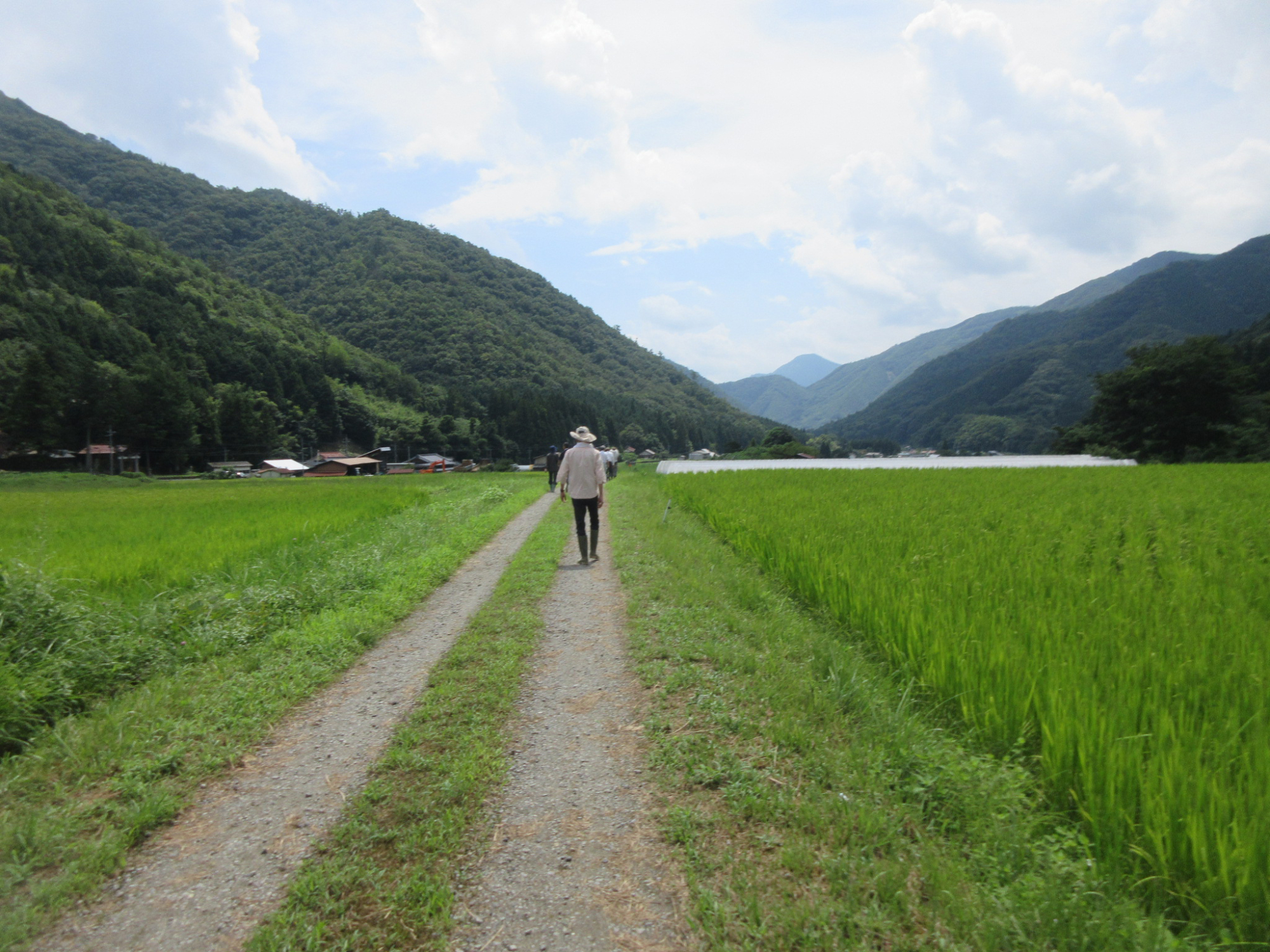Satoyama is an ecological term that comes from Japan.
In Japanese, satoyama describes the mountains, hills and woods adjacent to rural communities all over Japan. This meaning has evolved recently to be, "Satoyama encompasses the mountains, woods, farms, fields and rivers surrounding rural communities, which have a stable position in the ecology through the dwellers usage and maintenance over the long term." Human activity, most of the time, is harmful to the sustainability and recovery of the natural ecosystem. However, in satoyama areas, ecological diversity increases thanks to human activity over many years. In other words, if satoyama loses the human hand, the ecology will start to lose the richness it accumulated over the years. In satoyama, humans are one of the forces that urge the cycle and reproduction of nature.
I have been an advocate of "satoyama capitalism" since 2013. This is a subsystem of the modern economy where anyone can exchange anything using money and success is assessed by the amount of money, more or less. Satoyama capitalism fills the gap of truly money-centered capitalism by putting more weight on the value of cashless exchange, including self-sufficiency, bartering and gifting, in addition to exchanging goods with cash. This new concept also values collaboration over competition, social risk sharing over self-responsibility, securing economic stability after retirement over scrambling to save while working. Conventional capitalism widens the economic gap between people by urging the rich to pile up their wealth, causing stagnation of demand that repeatedly causes the collapse of bubble economies. Piles of immovable assets are left in the aftermath, at the expense of natural resources, which otherwise would have been passed on to the next generation. In contrast, satoyama capitalism, replicating the human participation in the sustainability and recovery cycle of the Japanese satoyama, ensures the circulation of resources and cash through economic activities and promotes the rejuvenation of younger generations. Values that cannot be secured by money such as relief and trust can be gained through the practice of satoyama capitalism.



